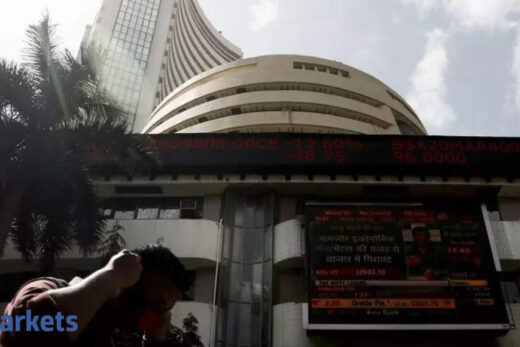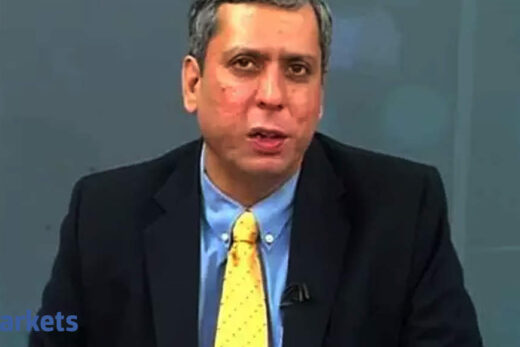Since around May 2020, when equities started recovering from the crash caused by the Chinese virus, equity prices have been on a roller coaster, with different sectors and scale of companies having their day in the sun at different times. Investors have been frantically hunting for anything that can give them an idea of where prices are going and what kind of factors will influence them. The distinctive thing that I have seen is that even in the periods when equities have been strong, investors’ belief has been weak and short term guesswork and fear have dominated.
From the people I interact with, it’s clear that the new crop of investors have been especially prone to these panics. However, there’s nothing strange about this. You need experience to become a seasoned investor, but it’s important to understand what kind of experience that has to be. We’ve all heard the old saying that experience is the best teacher. While that is no doubt true, there’s a complication to this truth-bad experience is a good teacher while good experience is a bad teacher. New investors who have only seen good times have not attended the classes of that good teacher.
When a novice starts investing and then for many months (maybe years) the going is good and the markets keep going up, then the experience they have gained is on the calendar, but not in their minds. I know because I’ve been through this. In fact, this kind of a experience is negative experience, meaning that most of the time it would make a person a worse investor, not better. It would produce nothing but overconfidence. As I read in a tweet recently, in a bull run, everyone’s IQ is 30 points higher.
When one starts investing and only good times follow for a while, then one gets a distorted view of reality. You keep investing and the money keeps growing at a fast clip and you tend to normalise this. One can attribute this to being a genius, or start feeling that this is the way things are going to be. And then the bad times hit. Depending on how bad they are, the shock could be small or big, or even huge. However, there’s no avoiding it. It comes in the life of every investor, usually several times.
When the bad times do hit, the formula is very simple. If you are one of the new crop of investors and you have invested carefully but in a lump sum, then stop looking at it! Don’t pay any attention to the daily value of your holdings. Nothing is more damaging to see than the weekly or fortnightly shocks and recoveries. Whether it’s a set of stocks or mutual funds, the basic logic of getting into a good investment and waiting will work itself out. It’s more important to keep investing regularly and take advantage of the low points in the price cycle to build up your portfolio at good value.
There’s only one exception to these basic rules-if you have been dabbling with short-term money. By that I mean money that you will need over the next year or two and cannot afford to lose. It’s always a bad idea to invest short-term money in equities and at a time like this, when the world is barely recovering from a rather unpredictable shock, it’s an especially awful option. If this is the case then you must cut and run, no two ways about it.
It sounds like a strange thing to say but apart from that, new investors should probably be thankful for the uncertain times-this kind of experience is just the teacher we need.
(The author is CEO, Value Research)



